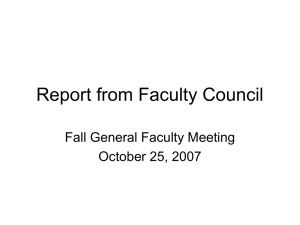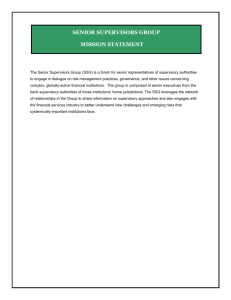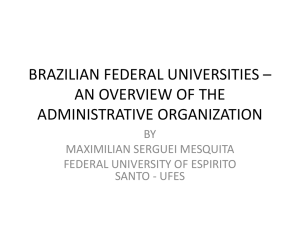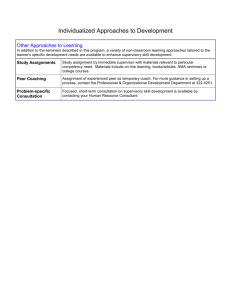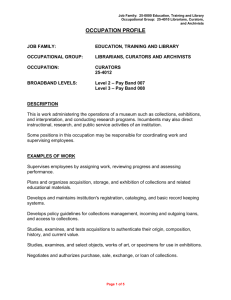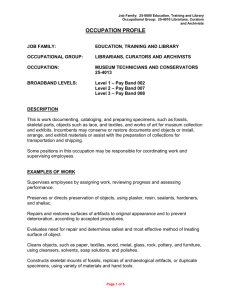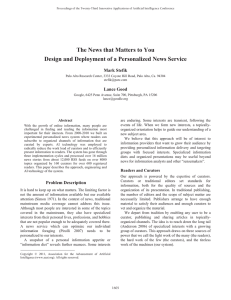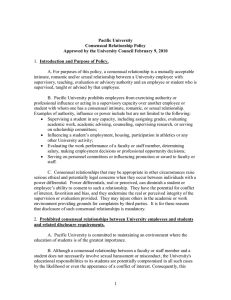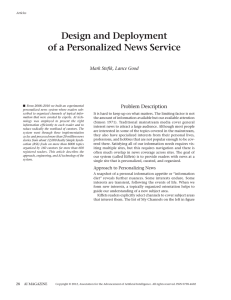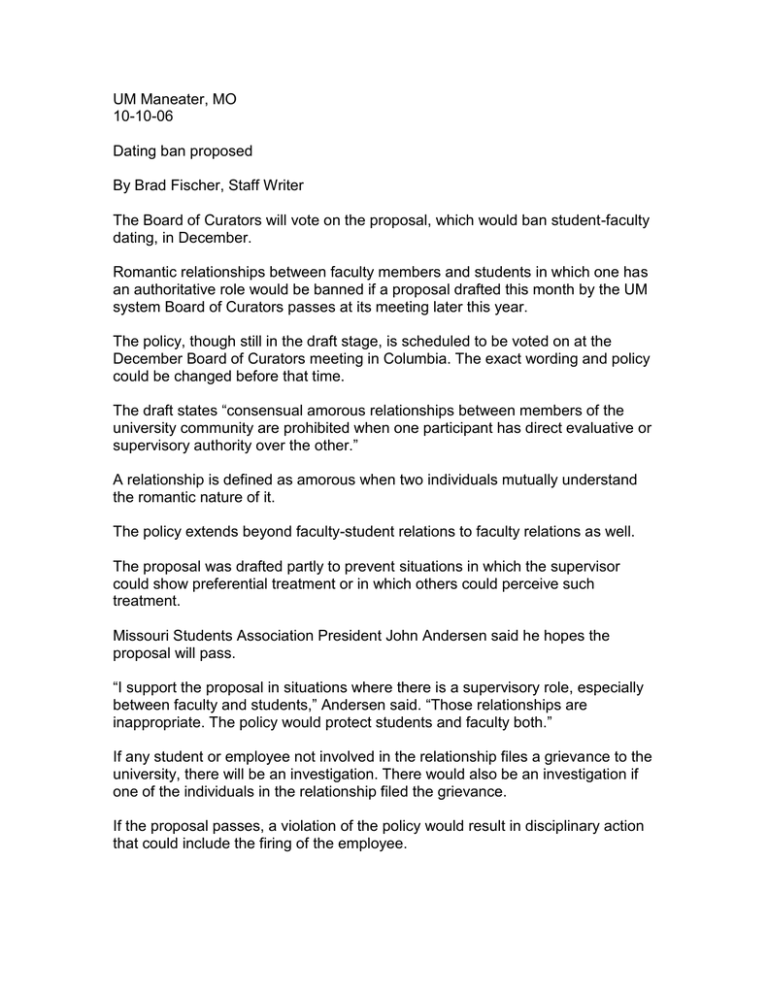
UM Maneater, MO
10-10-06
Dating ban proposed
By Brad Fischer, Staff Writer
The Board of Curators will vote on the proposal, which would ban student-faculty
dating, in December.
Romantic relationships between faculty members and students in which one has
an authoritative role would be banned if a proposal drafted this month by the UM
system Board of Curators passes at its meeting later this year.
The policy, though still in the draft stage, is scheduled to be voted on at the
December Board of Curators meeting in Columbia. The exact wording and policy
could be changed before that time.
The draft states “consensual amorous relationships between members of the
university community are prohibited when one participant has direct evaluative or
supervisory authority over the other.”
A relationship is defined as amorous when two individuals mutually understand
the romantic nature of it.
The policy extends beyond faculty-student relations to faculty relations as well.
The proposal was drafted partly to prevent situations in which the supervisor
could show preferential treatment or in which others could perceive such
treatment.
Missouri Students Association President John Andersen said he hopes the
proposal will pass.
“I support the proposal in situations where there is a supervisory role, especially
between faculty and students,” Andersen said. “Those relationships are
inappropriate. The policy would protect students and faculty both.”
If any student or employee not involved in the relationship files a grievance to the
university, there will be an investigation. There would also be an investigation if
one of the individuals in the relationship filed the grievance.
If the proposal passes, a violation of the policy would result in disciplinary action
that could include the firing of the employee.
UM system spokesman Scott Charton stressed the fluidity of the drafting
process.
“We’ve been in discussion for a long time; the draft language will probably
change,” Charton said.
Many other universities already have similar policies in place.
At Iowa State University, the policy handbook states if a faculty or facultystudent relationship exists in which one has supervisory power over the other,
the supervisor must take action to end their role in evaluation.
The University of Kansas has a policy stating that faculty members should not
initiate or be involved in relationships with a faculty or staff member where they
have a “power differential.”
Maria Kerford, student representative to the Board of Curators, said the decision
to draft the proposal was not caused by any incident on any of the four UM
campuses or anywhere else.
Kerford said she supports the proposal and thinks it will have a positive effect.
“The policy falls under the sexual harassment clause already in place by the
university and will impede students from feeling pressured by a professor to
engage in a relationship while enrolled in a class taught by the professor,”
Kerford said.
The system already has other policies in place against sexual harassment. This
proposal differs from current policies because it takes consensual relationships
into account.

